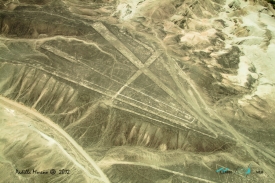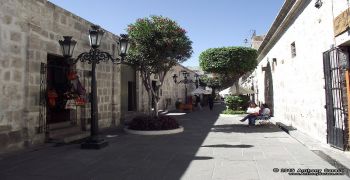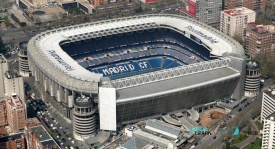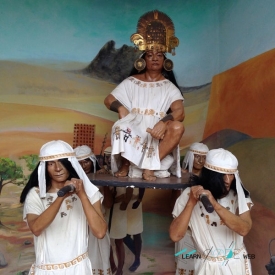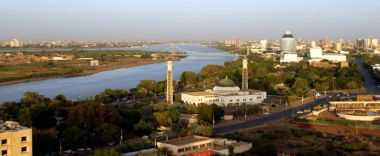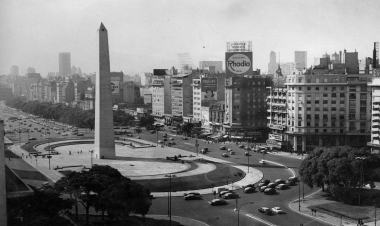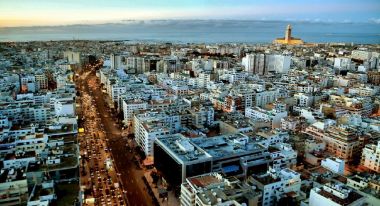ABOUT Butrint National Park
The Butrint National Park (Albanian: Parku Kombëtar i Butrintit) is a national park in southern Albania, located 18 kilometres (11 mi) south of Sarandë in Vlorë County. The park encompasses 9,424 hectares (94.24 km2) of hilly terrain with freshwater lakes, wetlands, salt marshes, open plains, reed beds and islands. The park's significance for conservation is reflected in the large number of species with over 1,200 different animals and plants. Its mandate includes the protection of the lake and lagoon of Butrint, the natural channel of Vivari, the islands of Ksamil and as well the archaeological site, that provides valuable remains of ancient civilizations.
Butrint is strategically located in the eastern part of the Strait of Corfu in the extreme south of the country. It sprawls across a peninsula that is surrounded by Lake Butrint and Vivari Channel. The channel connects the lake to the Ionian Sea through a narrow sandy bar. Located in the direct proximity to the sea, the park experiences mild mediterranean climate. This means that the winters are mild and the summers are hot and dry.The archaeological heritage of Butrint is one of the most important archaeological sites in the country, containing different artefacts and structures, dating from the Iron Age up until the Middle Ages. Numerous monuments are still extant including the city walls, a late-antique baptistery, a great basilica, Roman theatre and two castles. The ancient city is situated within a natural woodland with a complex ecosystems which depends on the nearby lake and channel. Nevertheless, it is this combination of cultural monuments and natural environment which makes Butrint such a unique place.
The International Union for Conservation of Nature (IUCN) has listed the park as Category II. In 1992, the archaeological site joined the UNESCO list of World Heritage Sites. The lagoon has been further recognized as a wetland of international importance by designation under the Ramsar Convention. Nevertheless, Lake Butrint is an Important Bird and Plant Area, because it abundant to significant bird and plant species of international importance.
Butrint is strategically located in the eastern part of the Strait of Corfu in the extreme south of the country. It sprawls across a peninsula that is surrounded by Lake Butrint and Vivari Channel. The channel connects the lake to the Ionian Sea through a narrow sandy bar. Located in the direct proximity to the sea, the park experiences mild mediterranean climate. This means that the winters are mild and the summers are hot and dry.The archaeological heritage of Butrint is one of the most important archaeological sites in the country, containing different artefacts and structures, dating from the Iron Age up until the Middle Ages. Numerous monuments are still extant including the city walls, a late-antique baptistery, a great basilica, Roman theatre and two castles. The ancient city is situated within a natural woodland with a complex ecosystems which depends on the nearby lake and channel. Nevertheless, it is this combination of cultural monuments and natural environment which makes Butrint such a unique place.
The International Union for Conservation of Nature (IUCN) has listed the park as Category II. In 1992, the archaeological site joined the UNESCO list of World Heritage Sites. The lagoon has been further recognized as a wetland of international importance by designation under the Ramsar Convention. Nevertheless, Lake Butrint is an Important Bird and Plant Area, because it abundant to significant bird and plant species of international importance.



